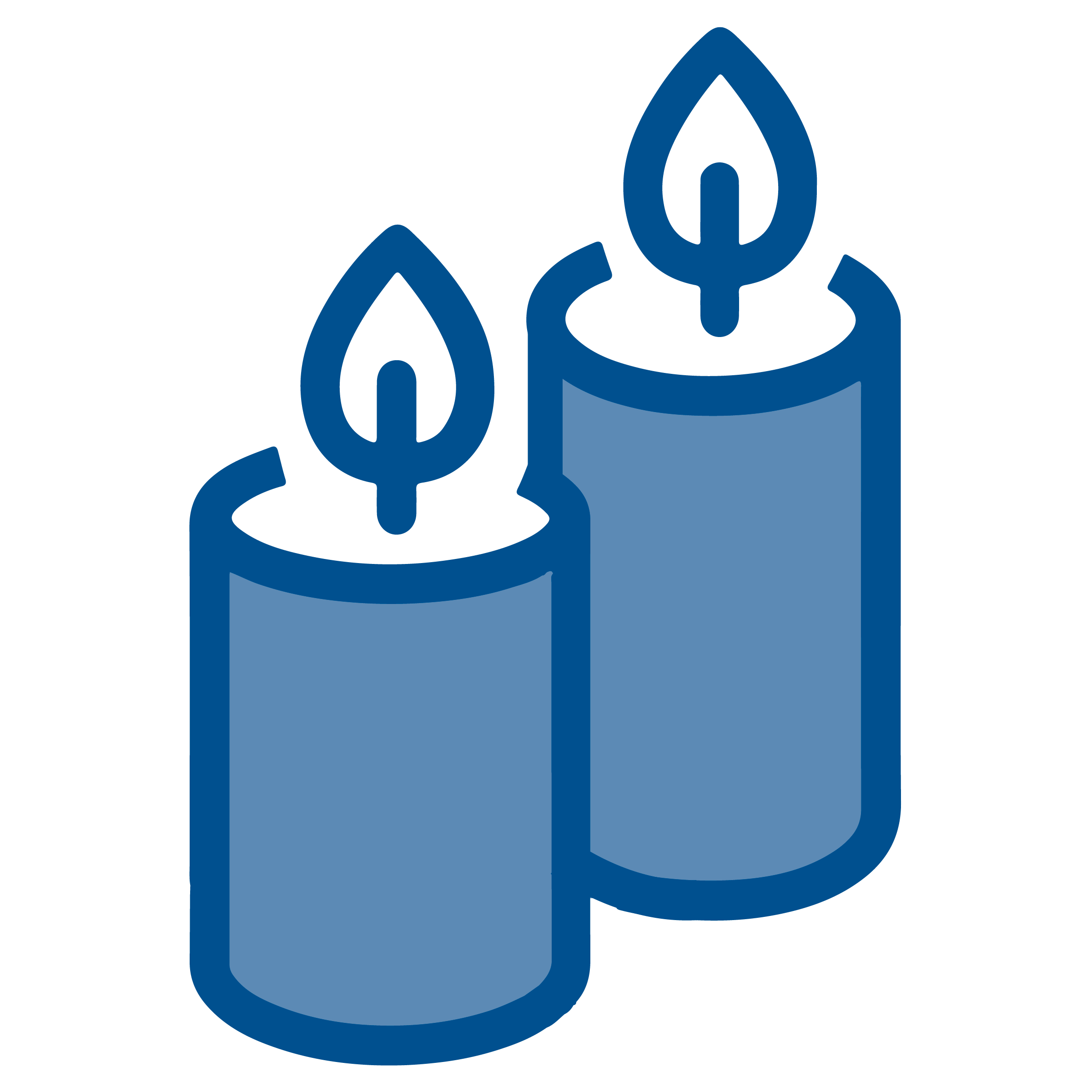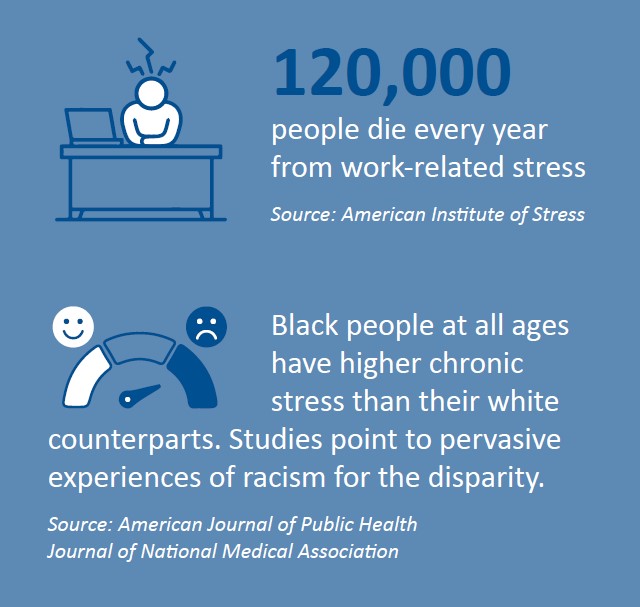Have you ever felt like throwing up your hands in frustration? Sometimes it can feel like “nothing” is working or “everything” is against you. Each of us has strengths. Even if the odds are truly against us, there are actions we can take.
The Mayor’s Office of Homeless Services has declared a winter shelter warning for Tuesday, January 14, 2025 at 4 pm until Thursday, January 14, 2025, at 9 am. Call 211 (available 24/7) or 443-984-9540 to connect with shelter. Get more info here.



04.27.22
Stress. Fatigue. Depression. Burnout. You’ve likely been there.
But we can each find moments of grace. That means making time to heal, reflect and reset so we’re better equipped to give care, provide support, and advocate for lasting change in our community. Self care readies the body and mind for this essential work, building the strength and resilience we all need to advance justice and equity in Baltimore.
The following tips were inspired by Behavioral Health Therapist Deirdre Hoey’s recent interview with The Association for Clinicians of the Underserved. They have been a guide for clients and staff, and might be helpful for you, too:
 Grieve your losses
Grieve your losses
We are still living in the pandemic and many of us have lost loved ones, particularly in marginalized communities. If we fail to grieve a loss, the pain can grow and snowball inside us. If a deceased friend was loved for her humor, look for opportunities to share a laugh. If a deceased client was known for their advocacy, seek out ways to support their mission in your day. Choose a way to honor that loss – to lift up their legacy.
 disrupt with breath and movement
disrupt with breath and movement
Tension can feel like a fact of life, and over time prolonged stress can have life-threatening consequences, increasing a person’s risk of heart disease, heart attack, and stroke. To disrupt those moments of stress, try developing a practice of deep, intentional breath and movement. Deep breathing gives the body a moment to reset as more blood and oxygen flow to the brain. Focus your movement on a physical activity like running, stretching or whatever brings you joy. Practicing these activities during periods of calm will make their benefits more accessible in a moment of tension.
 Write down three good things
Write down three good things
Setbacks, stressors, and societal barriers can cloud our ability to see the good around us. Take a few minutes each day to compile a list of three good things, assigning a positive emotion to each. Studies have shown that individuals who maintain this daily practice of appreciation experience far less burnout than those who don’t. Try this gratitude practice for 30 days; see how far it takes you.
 Maintain positive connection
Maintain positive connection
There’s so much power in community, and we can draw from that strength by connecting and looking out for one another. Sing in a choir, serve meals, join a book club, attend gatherings, protests, or support groups...There are so many ways to unify and grow our shared community.
 Prioritize rest
Prioritize rest
We all need time to pause and reflect and bring peace back into our busy lives. Rest can bring us into the present. For Black communities in particular, rest can also be a form of civil disobedience. This country was built on stolen time and labor; resting is a way to take back and reclaim space. Tricia Hersey, founder of the Nap Ministry, has been examining the liberating power of rest as resistance and critical care for Black bodies since 2016.
Self-care works best as a daily practice. The five or ten minutes you make today could spark a new lifelong routine, leaving you better prepared to balance the unpredictable moving parts of life.
More Recent News
Send one email today to advocate for housing that serves all Marylanders. Let Governor Moore know that more permanent supportive housing is a good thing—and urge him to stay the course.
At our annual staff holiday party, we take time to honor and celebrate staff members who best represent our Core Values and one HCH-er at Heart.
Larrice is a mother, grandmother, teacher, cook and storyteller who was recently featured in our original documentary, “Taking Care: Portraits from Baltimore.”



